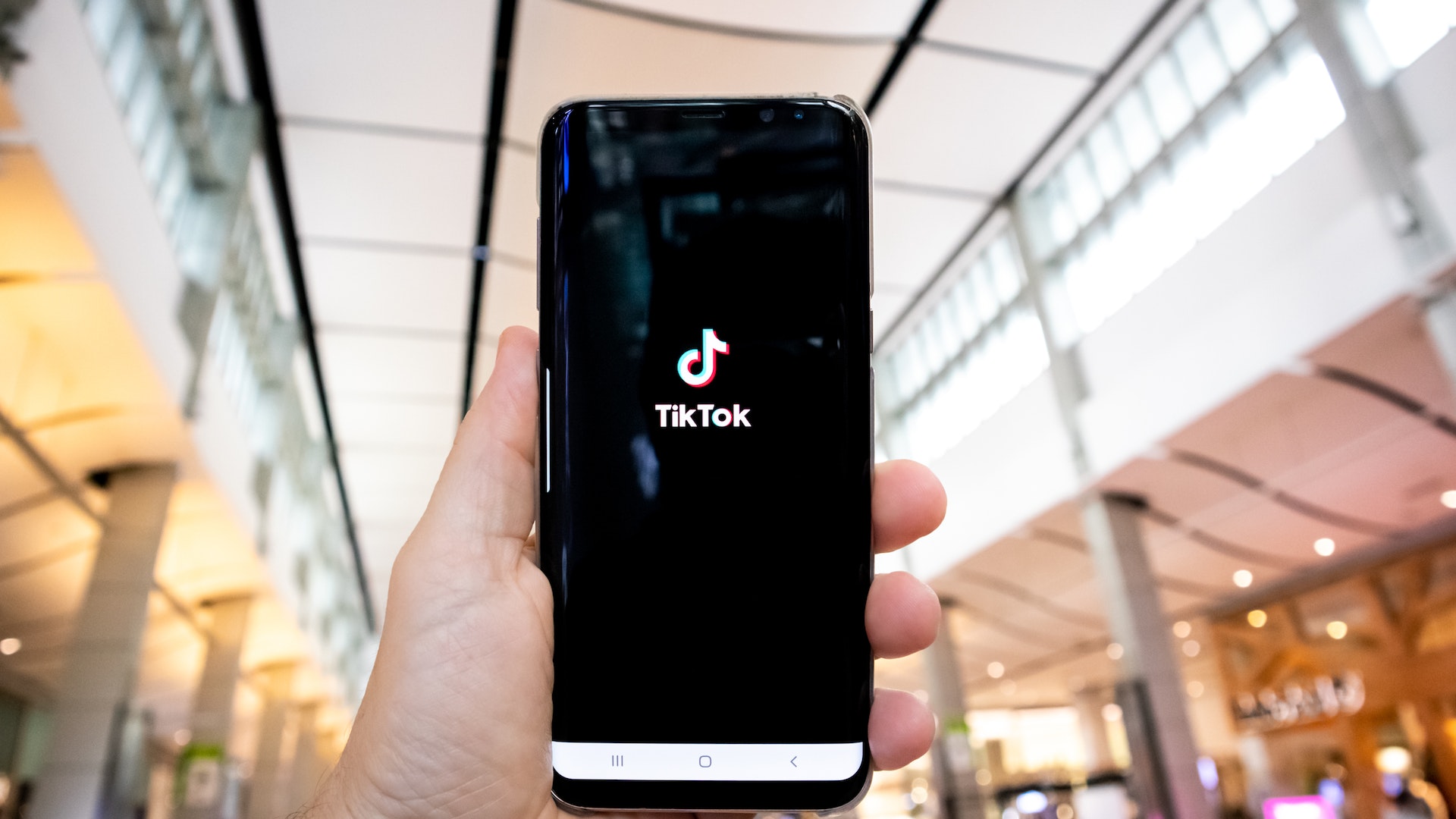Have you recently asked yourself “Do I need to revamp my hotel website?”
NB: This is an article from Travelboom
With so many components to website design and development, the thought of starting over can be exhausting. We’ve broken down the who, what, when, why and how of hotel website redesign.
We recommend a new hotel website every two to three years. This ensures that you’re aligned with industry standards, on par with your competitors and taking advantage of new features and functionality. Waiting longer than three years could impact your bottom line.
Subscribe to our weekly newsletter and stay up to date
Who
YOUR BRAND, duh. Your hotel website is the face of your business on the world wide web. It’s the first thing prospective guests will see when they discover your brand online. It’s essential that you make a good impression.
What
Hotel Website Redesign. Again, duh.
Why should I redesign my hotel website?
1. Age
How old is your hotel website? Have you ever heard the phrase, “if it ain’t broke don’t fix it”? That doesn’t apply here. The thought that if something is reasonably successful there is no need to change it is outdated. News flash – you’re probably leaving money on the table if you abide by this philosophy.
2. New Industry Standards
Are you following current hotel website best practices? Digital marketing is constantly evolving and so is the way consumers behave.
Google is committed to providing users the best result for any given query. This means that, if you want to rank well, you’ll need to play by their rules. Google is constantly tweaking their algorithm to ensure a good user experience. Sometimes these updates are minor, while other times your rankings may take a blow.
Most recently, Google rolled out their Page Experience Update, (along with two additional core summer updates). This major update comprises a set of signals that measure how users perceive the experience of interacting with a web page beyond its pure information value. The signals include Core Web Vitals (focused on the aspects of loading, interactivity, and visual stability), mobile friendliness, security and intrusive interstitials. Does your hotel website adhere to Google’s latest guidelines?
As if satisfying the behemoth that is Google isn’t enough, there is still competition to consider. What do your competitors’ websites look like? You can easily utilize the same tools to evaluate your comp set that you would on your own hotel website.
To name a few:
- Google offers their own free mobile friendly testing tool to assess how visitors can use your site on mobile devices.
- PageSpeed Insights, a free online tool, analyzes the content of a page and offers suggestions on how to render it more quickly.
- Try SEMRush for free, or sign up for a paid account, to take advantage of their suite of hotel SEO tools.
3. Performance
Do you know what your hotel KPIs look like? Are you meeting or exceeding your goals?
Rankings
Site Speed
Do you remember when we mentioned those critical search engine algorithm updates? Site speed is more important than ever with the rollout of Google’s 2021 Page Experience update. Your hotel website ought to be lightning fast. (No, faster than lightning!) Not really. But, you should evaluate your scores and determine how you can improve. Sites that do not align with Google’s Core Web Vitals can experience negative impacts on rankings.




